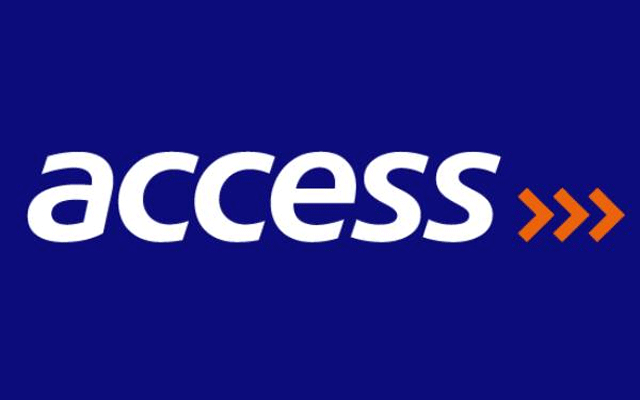• Suffers N39.05bn Loss On Derivatives, Restates 2016 Figures
Access Bank Plc, on Thursday, presented its unaudited financials for the nine-month ended September 30, 2017, the high point of which was the restatement of the 2016 figures, and the flat growth in earnings, which was even worse in the case of profit after tax that grew at single digit over that of the corresponding period of 2016. From the result, it was glaring that the bank could have reported a loss, or at best a decline in profit, but for the significant net foreign exchange income for the period, an improvement over the previous loss, even as fee and commission income was on the decline.
According to the result, gross earnings grew by N36.9bn or 11.24% from N328.154bn as restated for the 2016 third quarter, to N365.054bn, out of which N319.715bn was earned from Nigeria; N34.237bn from the rest of Africa, and N11.101bn in Europe. Earnings was boosted by interest income of N245.873bn, up from N181.21bn, while Interest expense grew from N74.837bn to N124.4bn, resulting in net interest income of N121.472bn, as against the N106.373bn reported for the prior third quarter.
Net impairment charge rose marginally to N12.823bn from N12.336bn; while net interest income after impairment charges stood at N108.649 billion, compared to the N94.037bn of 2016.
Fee and commission income dropped to N38.798bn from N45.605bn, and net fee and commission income came to N38.431bn, as against the N45.237bn, as channels and other electronic business income slumped from N19.073bn to N3.666bn; net loss on financial instruments was red at N41.222bn, up from the income of N96.277bn, driven mainly by the N39.052bn loss in derivative instruments, up from N97.083bn gain. Financial instruments, the group explained, “relates to fair value increase arising from derivative instruments (comprising forward, swap and future contracts) to which the bank is a party in the normal course of business and are held at fair value. Net foreign exchange income (including realized gains on derivatives that matured during the period) climbed to N116.45bn from a loss of N53.686bn (as restated).
Other operating income was N5.15bn as against N5.061bn, but personnel expenses increased to N43.502bn from N35.949bn; rent expenses from N2.046bn to N2.51bn; just as depreciation increased to N8.449bn from N6.597bn; and amortization from N1.502bn to N1.781bn. Other operating expenses jumped from N71.841bn to N98.31bn, the lion’s share of which was the N15.474bn surcharge (being the group’s contribution to the sinking fund) paid to the Asset Management Corporation of Nigeria (AMCON) as against N13.059bn, followed by the N13.344bn spent on IT and e-business, up from N8.872bn.
Profit before tax rose from N68.989bn to N98.31bn; and income tax to N16.514bn from N14.908bn; leaving net profit for the period at N56.395bn, which was N2.315bn or 4.28% up from N54.08bn in prior third quarter; just as total comprehensive income for the period came to N77.167bn, which declined from N88.705bn.
Earnings Per share for the period rose from N1.88 to N1.97.
Total assets for the period rose to N3.54tr, from N3.483tr year-to-date, as customer loans and advances declined from N1.809tr in December 2016 to N1.777tr; while total liabilities climbed marginally N3.035tr from N3.029tr, as customer deposits, the life-blood of deposit money banks, continued to decline like in the half year figures. Customer deposit for the period fell from N2.089tr to N1.924tr, of which N1.013tr in fixed deposits, and N910.39bn of floating deposits. The bank’s shareholders’ funds rose to N505.242bn from N454.494bn in 2016.







